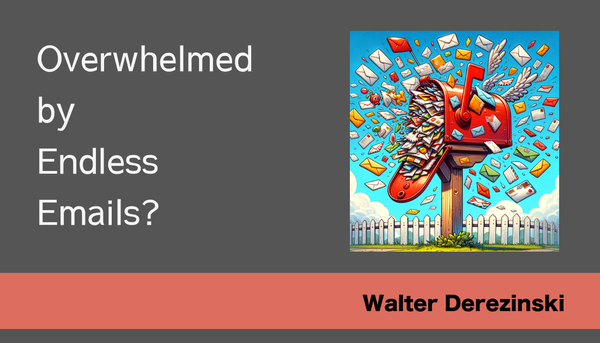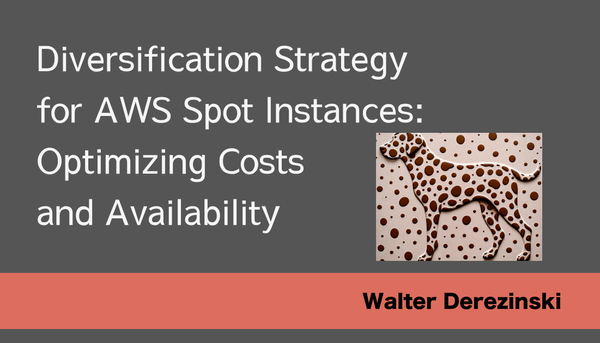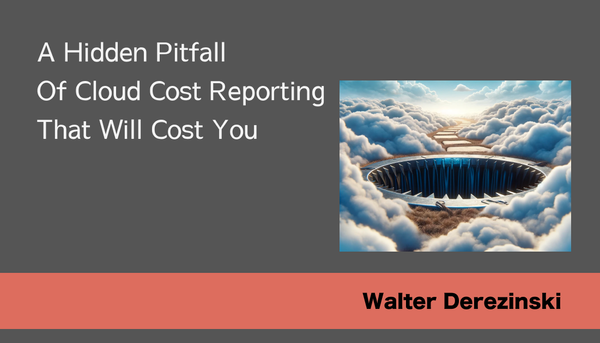Lambda Event Triggers Can Lead to Unnecessary Cost
Carefully consider how functions are triggered. For example, if you have a filter in your Lambda function to ignore certain events, it's a sign to reevaluate the trigger mechanism. The goal of serverless architecture is efficiency and cost-effectiveness, and unnecessary filtering can lead to increased execution times and costs.
Start by reviewing the source of events triggering your Lambda function. Is it an S3 bucket, an API Gateway, or an event from another service? Could you assess the nature and frequency of these events? If certain events are consistently filtered out, it might be more efficient to adjust the trigger directly.
For example, if using S3 events, could you evaluate whether you can fine-tune the event configurations only to trigger the Lambda function when specific criteria are met? In the same way, if an API Gateway is involved, you can explore the possibility of refining the endpoint configurations.
By optimizing triggers and eliminating unnecessary filters within your serverless architecture, you not only enhance the performance and responsiveness of your functions but also contribute to a more cost-efficient and streamlined serverless infrastructure. Remember, the key is aligning the triggers with the actual events that require function execution, ensuring that your serverless setup is both responsive and resource-conscious




